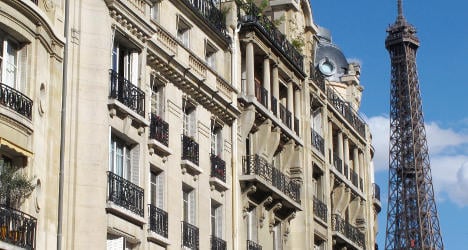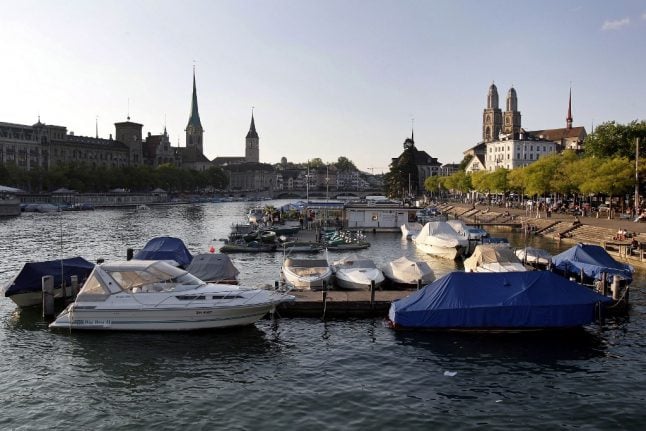Oui, buying an apartment in Paris is that expensive.
Even with the one to five percent drop in real estate prices brought on by the stagnant economy, a fairly small 56-square-metre flat in Paris’s 4th arrondissement will set you back a mere 20.5 years of pay.
That's according to a new study out this week from France's national union of real estate agents, FNAIM, that shows workers in the City of Light spend most of their cash on housing.
FNAIM's study shows that inhabitants in the capital have to spend three to four times more of their wages on a buying a home than those living in other parts ofthe country.
FNAIM's numbers reveal prices equivalently painful in the 1st, 2nd, 3rd and 5th arrondissements. It’s only once you get out of Paris itself that the prices really begin to drop.
In the working class suburb of St. Ouen, which is just north of Paris, buyers would have to shell 10.8 years worth of pay to snap up an apartment. The entrance price is about eight years of wages in the south-western Paris suburb of Plessis Robinson.
The report concluded that even if Parisians bring home more pay, they are spending three or four times what their confreres in the suburbs are paying. That probably explains why in 2009 a mere third of Parisians owned their primary residence, compared with the national average of 47 percent.
Perhaps the only good news for Parisians who'd like a piece of Paris for their own is that prices have come down by one to five percent since January as France battles record high unemployment and a stubborn recession. But price tags have shrunk by three to eight percent in Val d'Oise and Essonne.



 Please whitelist us to continue reading.
Please whitelist us to continue reading.
Member comments